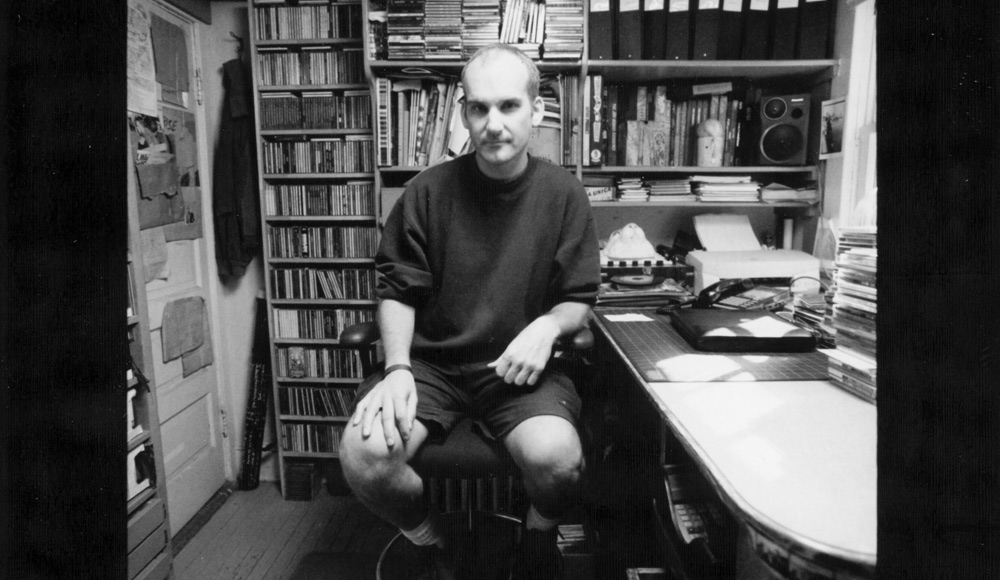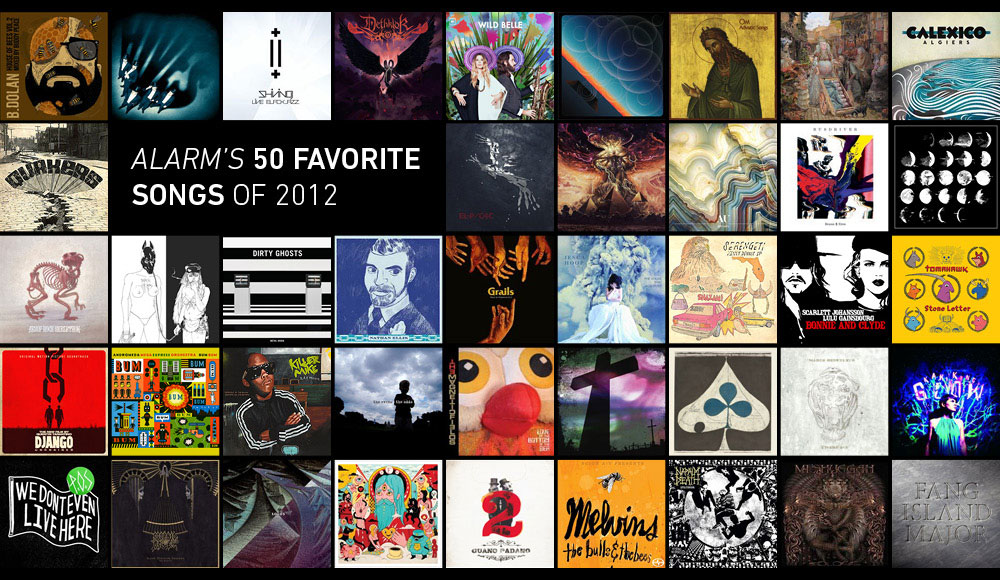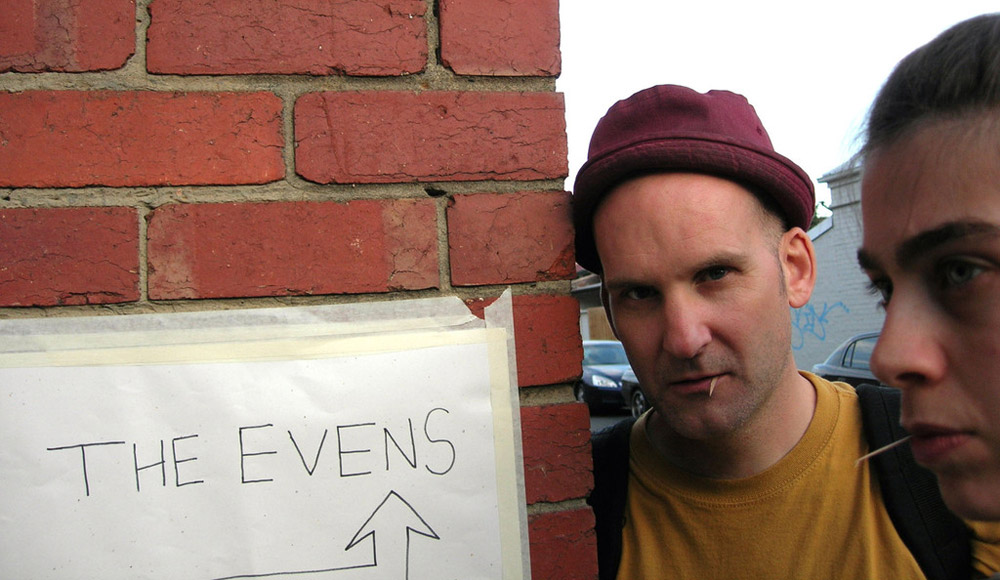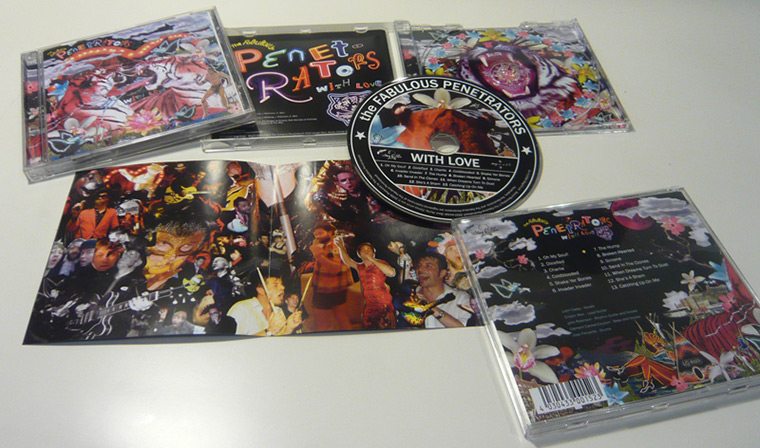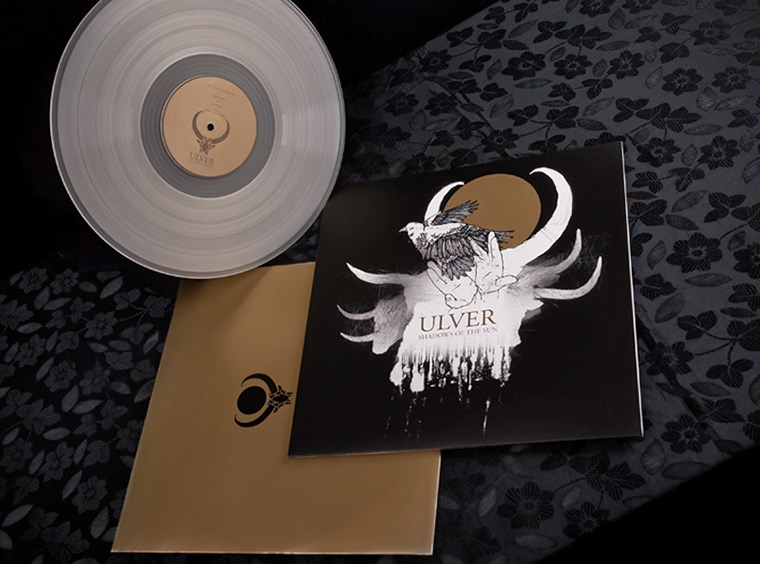Ian MacKaye has been around Washington DC longer than most congresspeople. The Dischord Records co-founder has been part of two of the most celebrated groups ever to come out of the area, Minor Threat and Fugazi, and now tours with The Evens, his partnership with Amy Farina. Apart from his music and a successful label, MacKaye acts as an archivist, working with others to collect live concert material of Fugazi.
Dischord
ALARM’s 50 (+5) Favorite Songs of 2012
Last month ALARM presented its 50 favorite albums of 2012, an eclectic, rock-heavy selection of discs that were in steady rotation in our downtown-Chicago premises. Now, to give some love to tunes that were left out, we have our 50 (+5) favorite songs of last year — singles, B-sides, EP standouts, soundtrack cuts, and more.
Review: The Evens’ The Odds
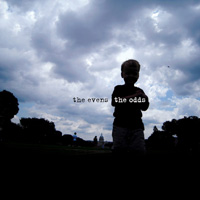 The Evens: The Odds (Dischord, 11/20/12)
The Evens: The Odds (Dischord, 11/20/12)
“King of Kings”
The likelihood of hearing another new Fugazi album grows increasingly unlikely by the year, but for a while, it seemed almost as unlikely to hear another new album from Ian MacKaye and domestic partner Amy Farina as The Evens. It has been six years since the release of Get Evens, which might be due to the two having their first child together — but the benefit of such a partnership is being able to pick up again without missing a beat.
Review: Lungfish’s ACR 1999

“Occult Vibrations” (ACR version)
[audio:https://alarm-magazine.com/wp-content/uploads/2012/05/Lungfish_Occult_Vibrations_version.mp3|titles=Lungfish: “Occult Vibrations” (ACR version)]The website for independent record label Thrill Jockey jokes and/or asserts that post-hardcore progenitor Lungfish is “enshrined as one of America’s last true folk bands.” Digging into the vaults, Dischord Records’ latest release shows that the group’s hidden relics still have potency, folk or otherwise.
Posters & Packaging: Adam Pobiak and the UK silk-screen scene
Although the art scene in London is constantly bustling with emerging bands and imminent visual artists, its poster-arts community is barely on the radar. “Silk-screened posters in the UK are nowhere near as popular as they are in the States,” says British designer Adam Pobiak. “Let’s put it this way: I’ve never seen a silk-screened poster at a show that I didn’t do myself.” However, the scene is growing, and people are slowly starting to catch on to the art of poster production.
The imagery within Pobiak’s work comes from a hodgepodge of sources. He takes many of his own photos and works with a variety of found imagery that originates from the likes of stock-photo catalogs and pornography sites. “I feel that if you can recognize the original photo I’ve used,” Pobiak says, “I haven’t done my job.”
Posters & Packaging: David V. D’Andrea’s Psychedelic Haunts
The connection between visual and auditory art seems natural to graphic artist David V. D’Andrea, who notes KISS album artist Ken Kelley, Metallica’s merchandise designer Pushead, and Dischord Records founder and designer Jeff Nelson as fundamental influences. “The artists I looked up to when I was young were all music based,” he says. “Early on I saw the music and visuals as one in the same.”
Since the early 1990s, D’Andrea has gradually become a staple in the West Coast music scene. Growing up, D’Andrea produced zines and fliers – generally in the DIY fashion of Xeroxing – for a variety of underground bands in the Oakland, California area. By the mid-’90s, the artist’s work began to receive well-deserved attention: D’Andrea soon had a commission for an album cover.

William Elliott Whitmore: Poetic Discontent
After three albums that touch on personal topics, the scratchy, soulful material of folk singer and banjo player William Elliott Whitmore gets a thematic overhaul, angling toward subdued political themes.

